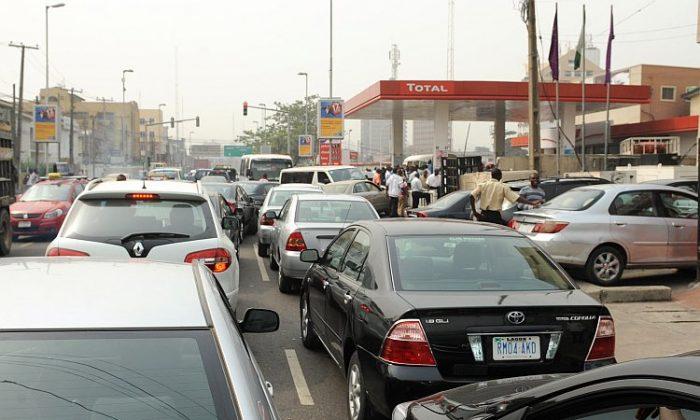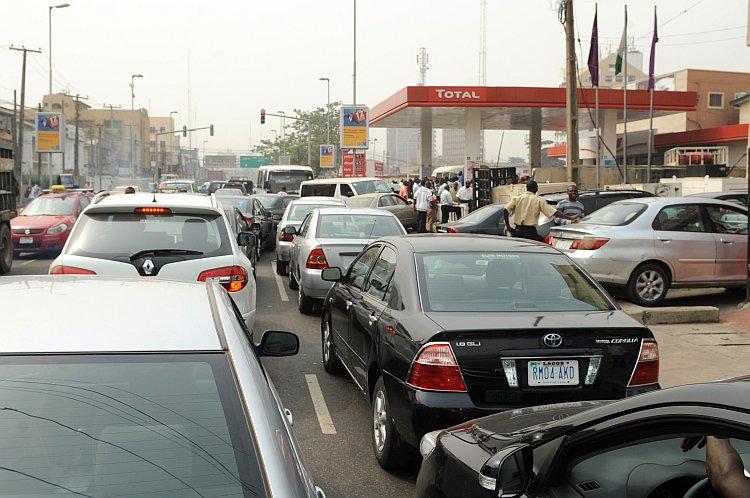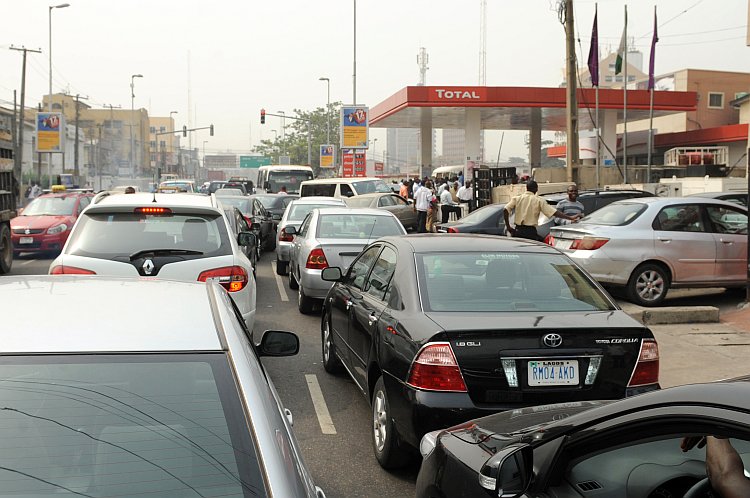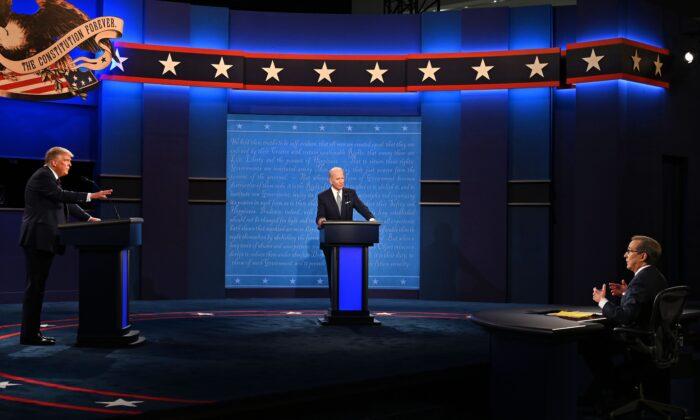Two days after unions halted nationwide strikes that paralyzed Nigeria for over a week, uncertainty remains whether the union-brokered deal on fuel prices will be accepted by Nigerians.
Despite being Africa’s top oil producer, at 2 million barrels a day, Nigerians say the only benefit they have seen from the mineral wealth is cheap fuel in the form of subsidy. Nigeria in fact exports most of its crude oil to be refined elsewhere, then imports refined oil and sells domestically at about half of the market price.
That fuel subsidy was removed Jan. 1, more than doubling the price of fuel overnight; from 65 naira ($0.40) per liter, to 141 naira ($0.86) per liter. The price spike sparked widespread anger and massive protests in major Nigerian cities, some of which turned into deadly clashes with security.
After eight days of paralyzing strikes, the government of President Goodluck Jonathan agreed to a compromise at 97 naira ($0.60) per liter.
Addressing another major concern of the protesters, the government ordered an audit of its oil industry on Wednesday, promising punishment for proven acts of corruption. According to the protesters, Nigeria’s oil sector is crippled by massive corruption and unaccountability.
The concessions were hailed a victory by the large labor groups that organized the strikes.
“We note the major successes Nigerians scored in these past days in which they rose courageously as a people to take their destiny in their hands,” read a statement from Nigeria’s Labor Congress on Monday, a key broker in the fuel talks with the government.
Yet given that fuel prices still jumped by 50 percent, uncertainty remains over how long the calm will hold.
“As it is now, no one knows whether the fixing of petrol prices at 97 naira means partial removal of fuel subsidy or ordinary increase in the price of petrol,” said Nigeria’s Civil Liberties Organization in a statement, according to local media.
The Joint Action Front, which describes itself as the pro-labor civil society partner of the major unions, is telling Nigerians to keep up the pressure. “We urge Nigerians to continue the mass action in the streets and neighborhoods until the reversal to 65 naira is achieved. Nigerians must know that the 97 naira imposition is just a smokescreen, and that prices of fuel will continue to rise as long as the policy of deregulation is in force,” the group said in a statement on Jan. 17.
But business has clearly suffered under the unrest.
The National Bureau of Statistics estimated that the strike cost losses of $1.27 billion, with the retail and oil and gas sectors being hit the hardest, according to Nigerian newspaper The Nation on Wednesday.
Robert Brunner, Vice President Americas at West Africa’s largest commercial airline, Arik Air Ltd., said, “Now that the strike has been suspended, our employees can get to the office and airport and we are fully staffed again.”
“We expect to be operating to our published schedule within the next day or two. We are experiencing delays in the fueling of our aircraft by some of our external suppliers, which is slowing our recovery and hope this issue will be resolved shortly,” Brunner via email on Jan. 17.
With reporting by Ben Chasteen







Friends Read Free